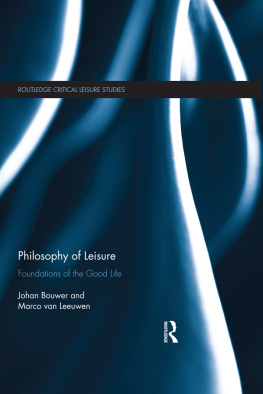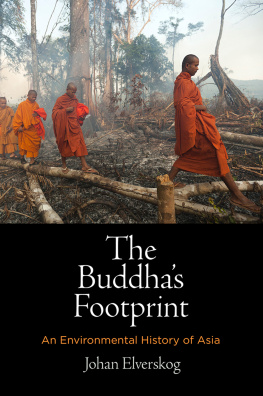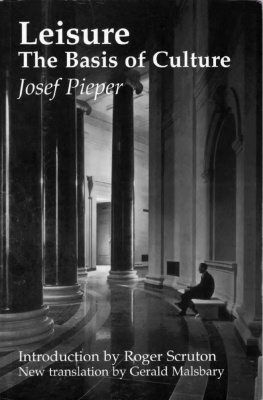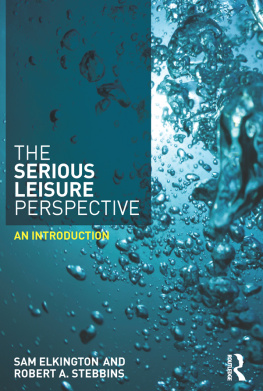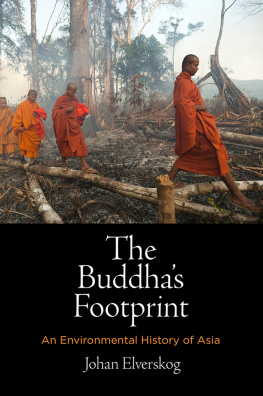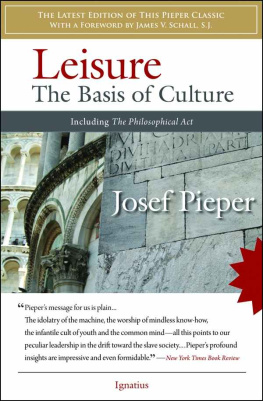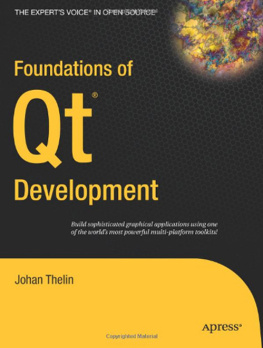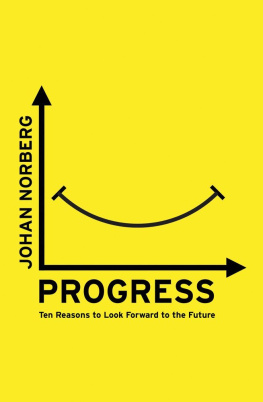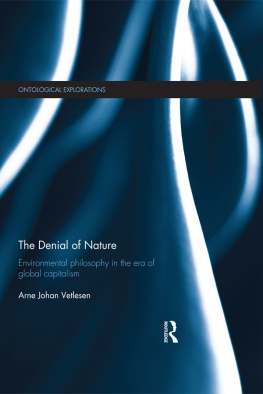Bouwer Johan - Philosophy of leisure: foundations of the good life
Here you can read online Bouwer Johan - Philosophy of leisure: foundations of the good life full text of the book (entire story) in english for free. Download pdf and epub, get meaning, cover and reviews about this ebook. City: London, year: 2017, publisher: Routledge, genre: Religion. Description of the work, (preface) as well as reviews are available. Best literature library LitArk.com created for fans of good reading and offers a wide selection of genres:
Romance novel
Science fiction
Adventure
Detective
Science
History
Home and family
Prose
Art
Politics
Computer
Non-fiction
Religion
Business
Children
Humor
Choose a favorite category and find really read worthwhile books. Enjoy immersion in the world of imagination, feel the emotions of the characters or learn something new for yourself, make an fascinating discovery.
- Book:Philosophy of leisure: foundations of the good life
- Author:
- Publisher:Routledge
- Genre:
- Year:2017
- City:London
- Rating:4 / 5
- Favourites:Add to favourites
- Your mark:
- 80
- 1
- 2
- 3
- 4
- 5
Philosophy of leisure: foundations of the good life: summary, description and annotation
We offer to read an annotation, description, summary or preface (depends on what the author of the book "Philosophy of leisure: foundations of the good life" wrote himself). If you haven't found the necessary information about the book — write in the comments, we will try to find it.
Philosophy of leisure: foundations of the good life — read online for free the complete book (whole text) full work
Below is the text of the book, divided by pages. System saving the place of the last page read, allows you to conveniently read the book "Philosophy of leisure: foundations of the good life" online for free, without having to search again every time where you left off. Put a bookmark, and you can go to the page where you finished reading at any time.
Font size:
Interval:
Bookmark:
First published 2017
by Routledge
2 Park Square, Milton Park, Abingdon, Oxon OX14 4RN
and by Routledge
711 Third Avenue, New York, NY 10017
Routledge is an imprint of the Taylor & Francis Group, an informa business
2017 Johan Bouwer and Marco van Leeuwen
The right of Johan Bouwer and Marco van Leeuwen to be identified as authors of this work has been asserted by them in accordance with sections 77 and 78 of the Copyright, Designs and Patents Act 1988.
All rights reserved. No part of this book may be reprinted or reproduced or utilised in any form or by any electronic, mechanical, or other means, now known or hereafter invented, including photocopying and recording, or in any information storage or retrieval system, without permission in writing from the publishers.
Trademark notice: Product or corporate names may be trademarks or registered trademarks, and are used only for identification and explanation without intent to infringe.
British Library Cataloguing in Publication Data
A catalogue record for this book is available from the British Library
Library of Congress Cataloging in Publication Data
Names: Bouwer, J. (Johan), 1955 author. | Leeuwen,
Marco van, 1976 author.
Title: Philosophy of leisure : foundations of the good life /
Johan Bouwer and Marco van Leeuwen.
Description: Abingdon, Oxon ; New York, NY : Routledge,
[2017] | Series: Routledge critical leisure studies ; 2 | Includes
bibliographical references and index.
Identifiers: LCCN 2016040801 | ISBN 9781138911475 (hbk) |
ISBN 9781315692647 (ebk)
Subjects: LCSH: LeisurePhilosophy. | Well-beingPhilosophy.
Classification: LCC GV14 .B68 2017 | DDC 306.4/812dc23
LC record available at https://lccn.loc.gov/2016040801
ISBN: 978-1-138-91147-5 (hbk)
ISBN: 978-1-315-69264-7 (ebk)
Typeset in Sabon
by Wearset Ltd, Boldon, Tyne and Wear

When looking back on the reception of the leisure concept and also the leisure idea in history, Heraclitus famous adage panta rhei (everything flows) comes to mind. He uses the image of a river to argue that, like the water is continuously flowing, reality is in a constant state of flux. Yet the only thing that stays the same is the concept of the river, whereas its bedding and content are always changing (Dietz 2004: 60). The first chapter of this study confirms the change in reception of the leisure concept, or rather the leisure idea over time. History shows a cyclic movement regarding the perception of leisure, which starts with the centrality of happiness and the good life in ancient Greek philosophy, flows through epochs in which health, worship, idleness, pleasure, entertainment, recreation, luxury, play, celebration, self-realisation, and spirituality alternate, and ends again with well-being, thriving and happiness in current times. Yet these ideas often/usually figure within societal structures such as everyday leisure activities which, in turn, evoke meaningful experiences that are also socially relevant in the sense that they are expressed in desired behaviour. Having said this, the question about the ontological meaning and nature of leisure unavoidably emerges when used as an adjective to the noun activities . What does leisure mean when conceived as an activity? In addition, what does leisure mean when, for example, conceived as (discretionary) time, or an attitude, a state of mind or a state of being? Is it possible to catch the very essence of the leisure idea? Can philosophical analysis bring more clarity with regard to the very meaning of leisure and can that open up (new) possibilities for revitalising the study of leisure? This was the purpose of this study from the outset.
Blackshaw believes that the question about the essence of leisure is unanswerable, and in coining the notion of liquid leisure , he essentially embraces Heraclitus pre-Socratic idea of flux which of course has been revitalised by Bauman in modern times. Leisure is just too dynamic and its meaning just too elusory to express its fundamental meaning in one single, timeless answer. There is not only an etymological and historical-epochal dimension underlying the essential meaning of leisure, but there is also a contextual-cultural dimension to consider. Chick points out that, based on anthropological research, many languages lack a direct translation of the word leisure, but still, people from other cultures do have some understanding, from their own contexts, of what leisure means (1998: 117). In India, for example, people do not conceive leisure as time or activity, but as joyous freedom and an overall state of existence associated with happiness and the good life (Rauchaudhuri and Samdahl 2005: 3). The Chinese word hsiao yao contains meanings that could be related to the Greek skhol , although direct translations are problematic. Comparative research into the etymology of words from two Kenyan dialects points out that they are not directly equivalents of leisure , but they do have comparative meanings such as behaviours or activities that give people happiness or bring back or soothe the heart or the spirit and free or unrestricted time (Chick 1998: 117). Chicks anthropological inquiries lead him as indicated above to hold that leisure can very well be experienced without having a concept of leisure. He also proposes that scholars should break the Western monopoly in determining the concepts in the global study of leisure (1998: 127128).
This is quite an important observation, since other cross-cultural studies confirm that conceptualisations of leisure in academic and professional literature are predominantly Western. For example, Lee et al. s comparative empirical research on the conceptualisation of leisure in two countries from different cultural contexts points out that an individuals relationship to work and the feelings surrounding it are, for Americans, highly correlated with leisure, while Koreans deem perceived freedom to be the most important indicator for the essence of leisure (2001: 149). This finding concurs with Gerrings view that a concept structurally consists of a term (for example, leisure) that covers both the phenomena that are to be defined and the properties or attributes related to them (1999: 357358). Therefore Chicks suggestion that content can be understood without concept seems debatable. How can one know that what one experiences is leisure if one does not have a concept of leisure? In addition, is it logically, hermeneutically and argumentatively sound to typify an experience that an individual from another culture has as a leisure experience if the same kind of experience is deemed as such in ones own culture? In other words, is it valid to label, for example, the presence of discretionary time in Korea as a leisure phenomenon just because it is labelled as such in North America? The answer seems to be no. Concepts and their attributes and empirical referents are always contextual, or rather embedded. It will go too far to get submerged into a foundational discussion about the theory of concepts, but it might be illuminating to call Van Leeuwens Radicality Manifold approach to the nature of concepts to mind. This model is based on an holistic presupposition depicting the embodied agent as fundamentally embedded within his own environment (2009: 213). Humans are bodily involved in and interact with physical and environmental factors, which form the coordinates of behaviour that is steered by the concept. He holds: it should be possible to individuate concepts in terms of the various constraints and enablings that are posed by the experiences and bits of knowledge contained within a concepts narrative jurisprudence (2009: 213). A concept, according to Van Leeuwens theory, is more than a mere mental representation of an object: it is derived from embodied experience and therefore has its own story, based on a specific experience and rationality. This is important to notice when dealing with concepts that emerged in different sociocultural contexts. Is leisure, then, Chick wonders, although labelled as a universal human phenomenon, subjective experience or existential condition (1998: 127)? One might add: or is leisure both?
Next pageFont size:
Interval:
Bookmark:
Similar books «Philosophy of leisure: foundations of the good life»
Look at similar books to Philosophy of leisure: foundations of the good life. We have selected literature similar in name and meaning in the hope of providing readers with more options to find new, interesting, not yet read works.
Discussion, reviews of the book Philosophy of leisure: foundations of the good life and just readers' own opinions. Leave your comments, write what you think about the work, its meaning or the main characters. Specify what exactly you liked and what you didn't like, and why you think so.

